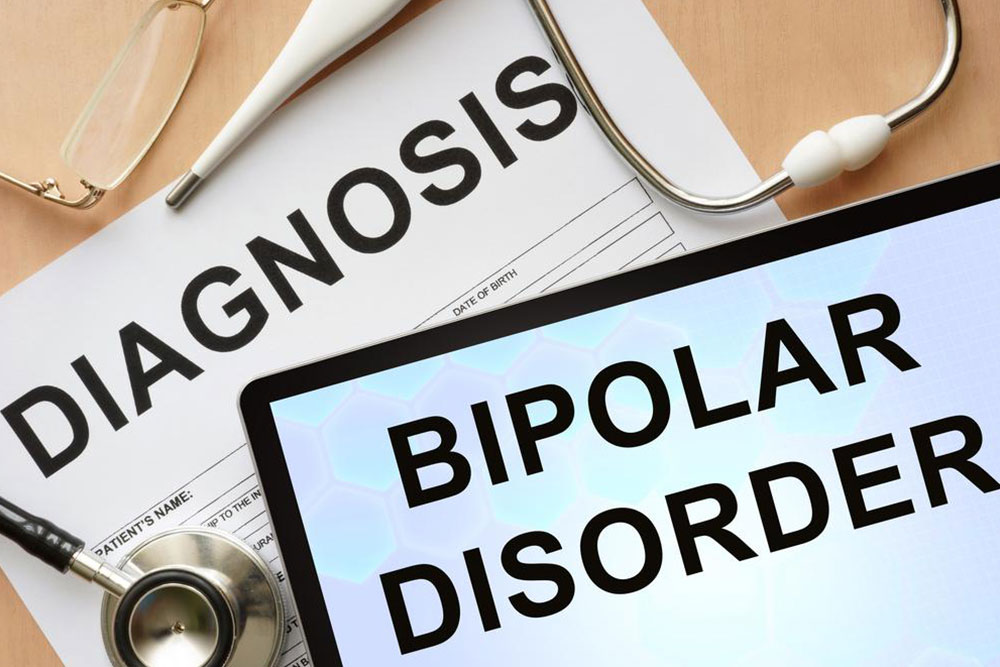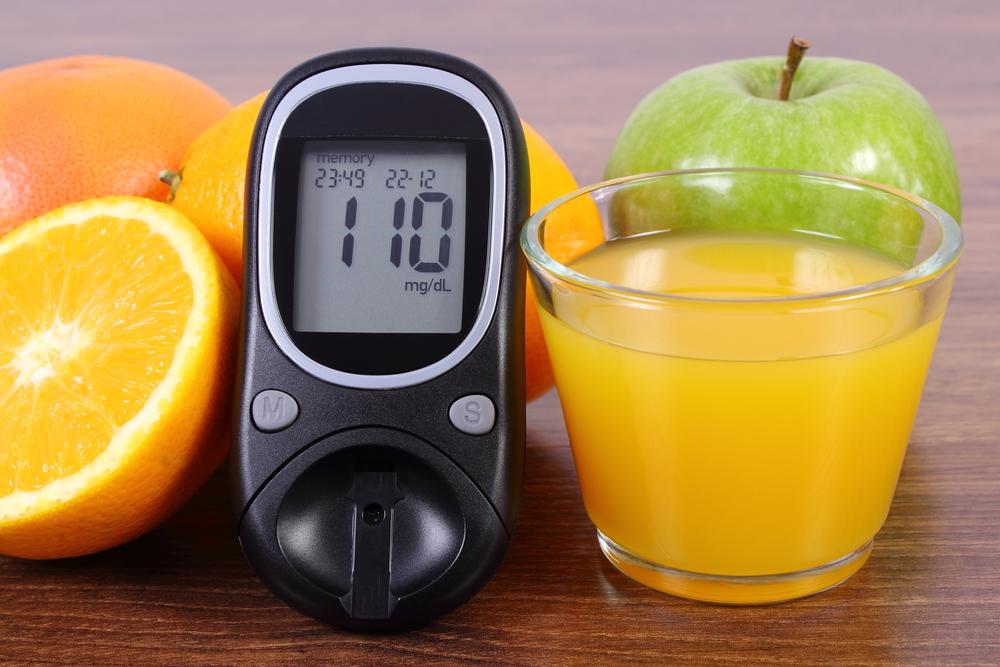Understanding the Causes and Signs of Bipolar Mood Episodes
This article explores the causes, symptoms, and triggers of bipolar mania, emphasizing the importance of early diagnosis and treatment. It covers mood episodes, risk factors, and behavioral signs, helping readers understand this complex mental health condition. Recognizing symptoms like extreme energy, impulsivity, and hallucinations can improve prognosis and encourage timely intervention.

Bipolar disorder, once called manic-depressive illness, is a mental health condition characterized by significant emotional shifts. Individuals experience periods of intense euphoria or energy (mania or hypomania) followed by deep depression, often multiple times annually.
These mood fluctuations impair thinking clarity, daily functioning, and judgment. Usually developing during adolescence or early adulthood, symptoms can persist for years. During manic phases, individuals may exhibit extreme behaviors like heightened energy, mood swings, and increased creativity or aggression.
Duration of episodes varies, lasting days to months, often requiring medical intervention. Mood episodes alternate with depressive phases, marked by fatigue and hopelessness. Mild forms like hypomania involve less severity and are usually manageable.
What causes bipolar episodes? While genetics play a role, the precise cause remains unclear. Factors such as thyroid irregularities, neurotransmitter imbalances, disrupted circadian rhythms, and elevated cortisol levels may contribute. Environmental and psychological triggers include substance abuse (like cocaine or ecstasy), certain medications (antidepressants, steroids), sleep deprivation, and trauma. Co-existing conditions such as anxiety or ADHD can worsen symptoms. Family history increases risk, and traumatic events may also trigger episodes.
Key signs of bipolar mania include:
Excessive optimism and confidence
Rapid speech and thought process
Heightened interest in goals and religion
Reduced need for sleep and high energy
Impulsive actions, risky behaviors, and poor judgment
Possible hallucinations or delusions
Symptoms must last at least one week and include five or more signs. Hypomania involves similar but milder symptoms lasting at least four days, with less impact on reality. Recognizing these signs early and consulting a healthcare professional is crucial for proper management.
Note: Variations in mood and energy levels may also stem from trauma, drug reaction, brain injury, anxiety, or panic disorders. Accurate diagnosis by a professional is essential for effective treatment.










